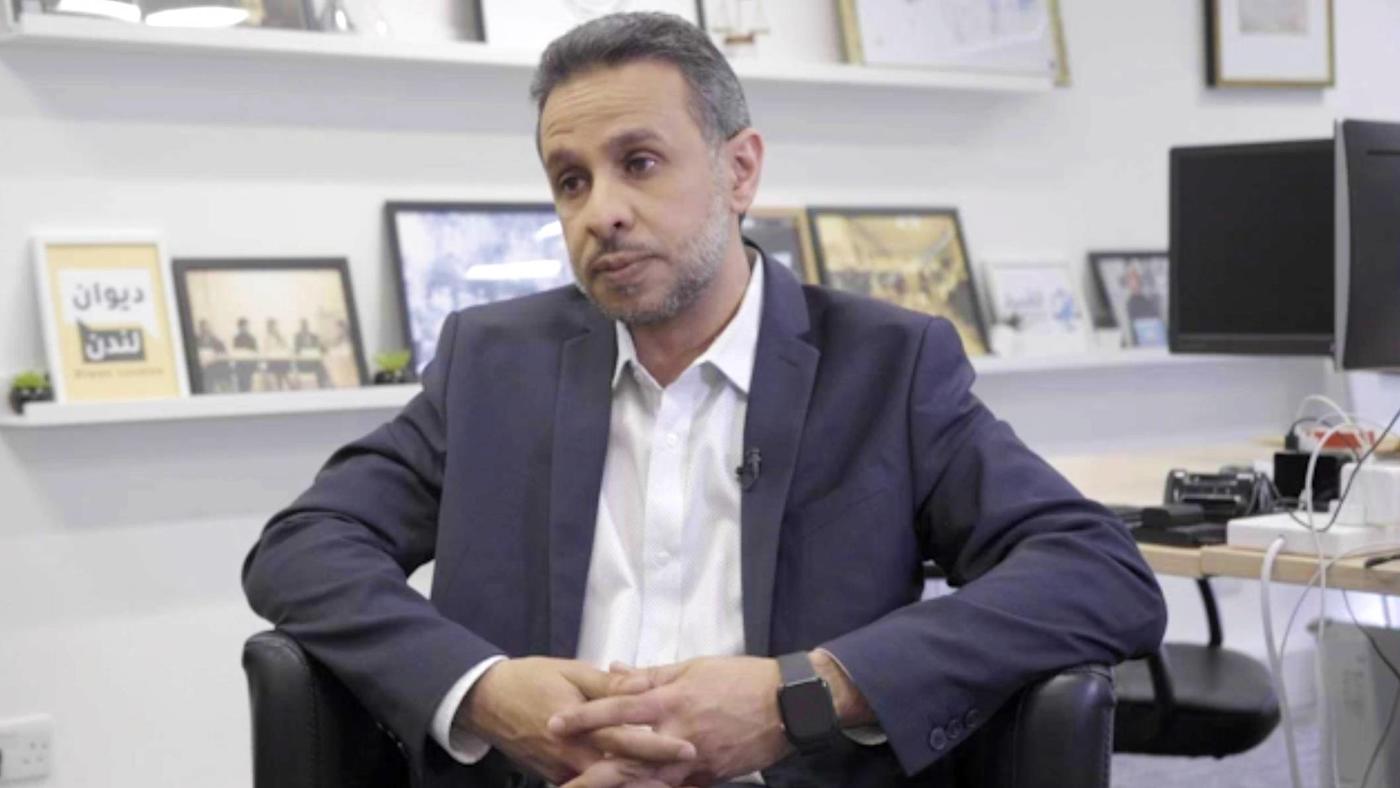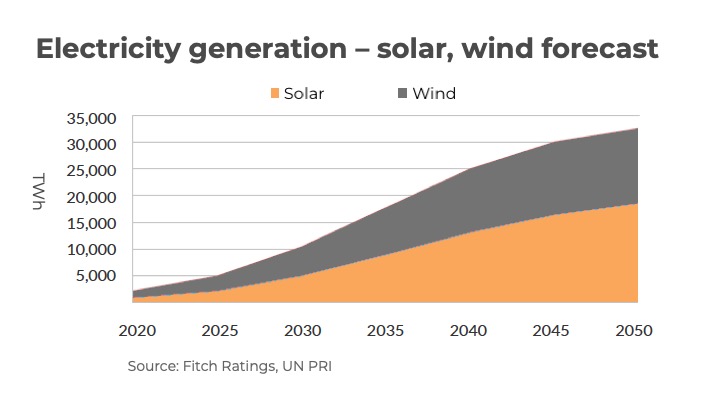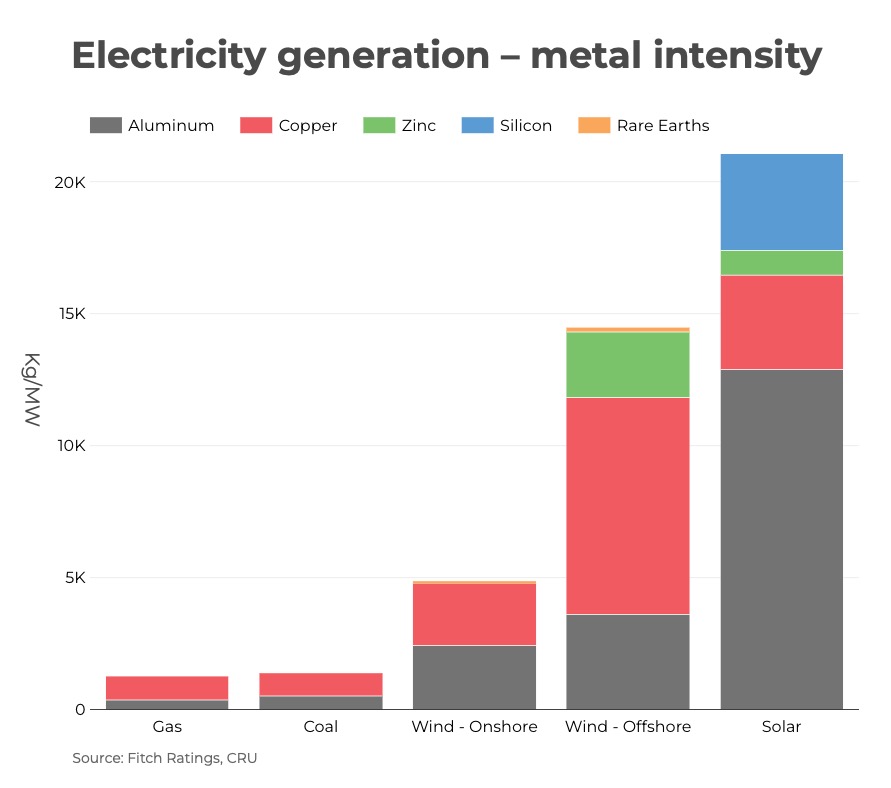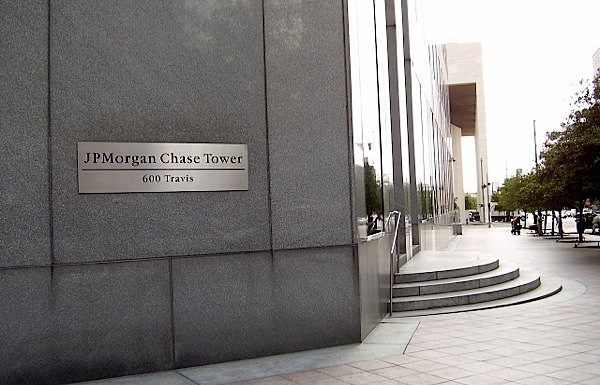
AFP
ORGANISATION: RSF_en
Replacing the licence fee that funds France’s public broadcast media with a levy on VAT is not an adequate solution because it would have to be transitory, says Reporters Without Borders (RSF), calling on the government and parliament to create a funding method appropriate to the role the public broadcast media play in France’s democracy.
“Eliminating the public broadcast media’s main source of funding without offering an alternative worthy of their role in our democracy is a makeshift approach,” RSF secretary-general Christophe said. “Such improvisation is unacceptable given the importance of what is at stake, namely independent and pluralist news coverage. We urge the government to find a permanent funding solution that protects the public broadcast media from political pressure, and we ask parliamentarians to quickly enshrine it in legislation.”
Despite calls from many quarters including RSF, a levy on VAT as the public broadcast media funding mechanism was adopted as part of the 2022 budget amendment bill in a vote 27 July in the National Assembly. It was due to go before the Senate on 28 July.
The government had proposed replacing the Public Broadcasting Contribution (CAP) – a tax levied annually on every household with a TV set – by an “ad hoc budgetary assignment” allocating funding for the public broadcast media directly from the state budget.
The very different mechanism adopted by the National Assembly maintains an earmarked tax system, isolating the resources allocated to public broadcasting from the rest of the state budget, thereby ensuring that they do not depend on the government’s goodwill and helping to protect public broadcast media independence.
Unfortunately, this VAT-based solution can only be a short-term one. Under a public finances modernisation law adopted in December 2021, any allocation of tax to a public service will, from 2025 onwards, have to be justified by a link between the tax and the service funded. As there is no such link between VAT and public broadcasting, this funding method cannot last more than two years and the issue will have to be addressed again in 2024.
The future of public media funding was thrown into doubt in the autumn of 2019 when it was decided to gradually end the household tax, on which the CAP was based, and to abolish the mechanism for collecting this tax and the CAP from 2023. Scrapping the CAP without a permanent replacement, and the last-minute proposal of an alternative mechanism, via VAT, have only prolonged this worrying improvisation.
Several methods have been proposed for safeguarding the independence and predictability of public broadcasting funding. They include funding from the public finance programming law with the involvement of an independent commission that issues its opinion; a universal and progressive fee based on household income; and a levy on state revenue, a mechanism proposed by the parliamentarian Bruno Studer.
But none of these proposals has been backed by the government or National Assembly. And if parliament fails to adopt a funding mechanism with adequate protection for public broadcast media independence, the CAP’s abolition is liable to be condemned by the Constitutional Council, as made clear in a recent report by the general inspectorates of finance and cultural affairs. The Constitutional Council has ruled in the past that public broadcasting independence is essential to the constitution and that its independence depends on guaranteed funding.
Growing uncertainty therefore surrounds French public broadcasting at a time when the European Commission is preparing to adopt media freedom legislation whose aims include strengthening the independence of Europe’s public service media.
France is ranked 26th out of 180 countries in RSF's 2022 World Press Freedom Index.
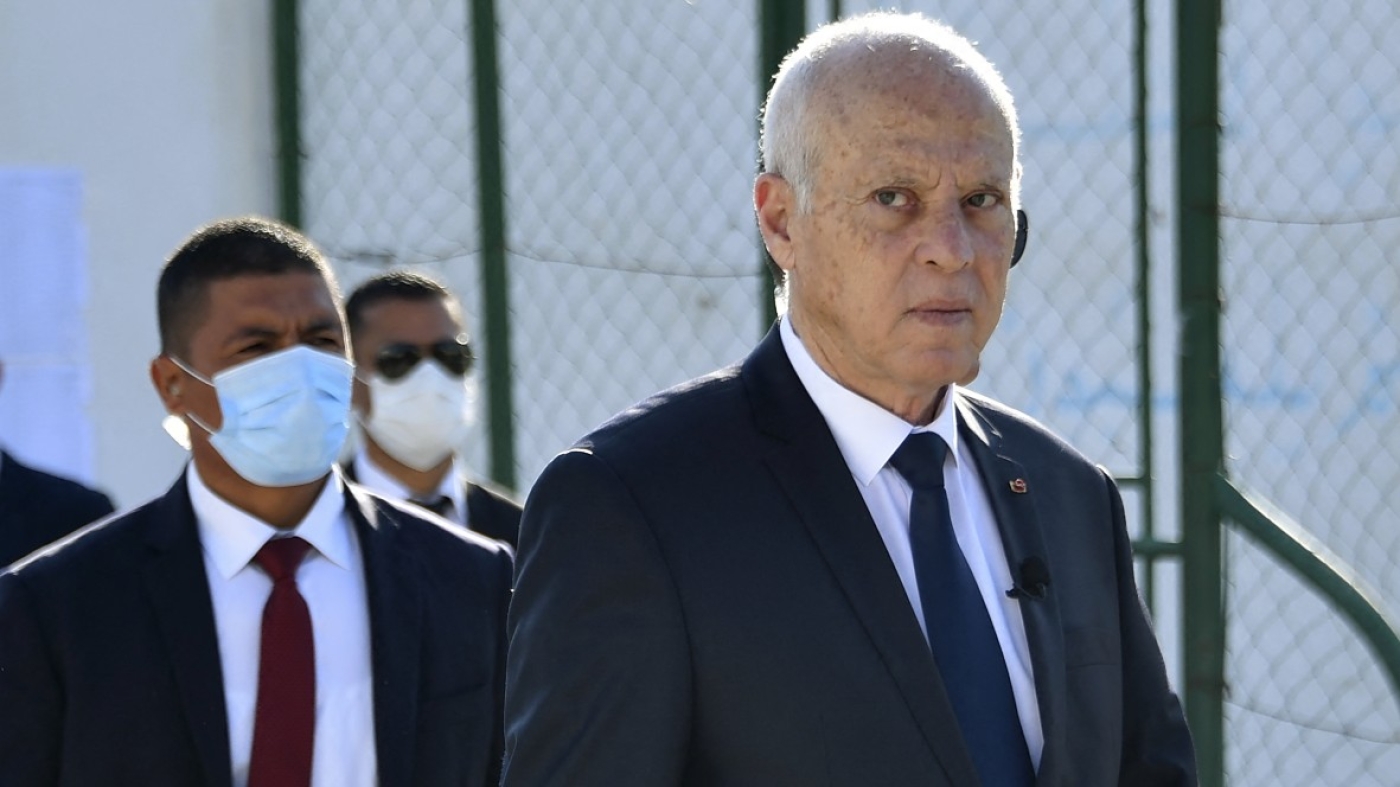




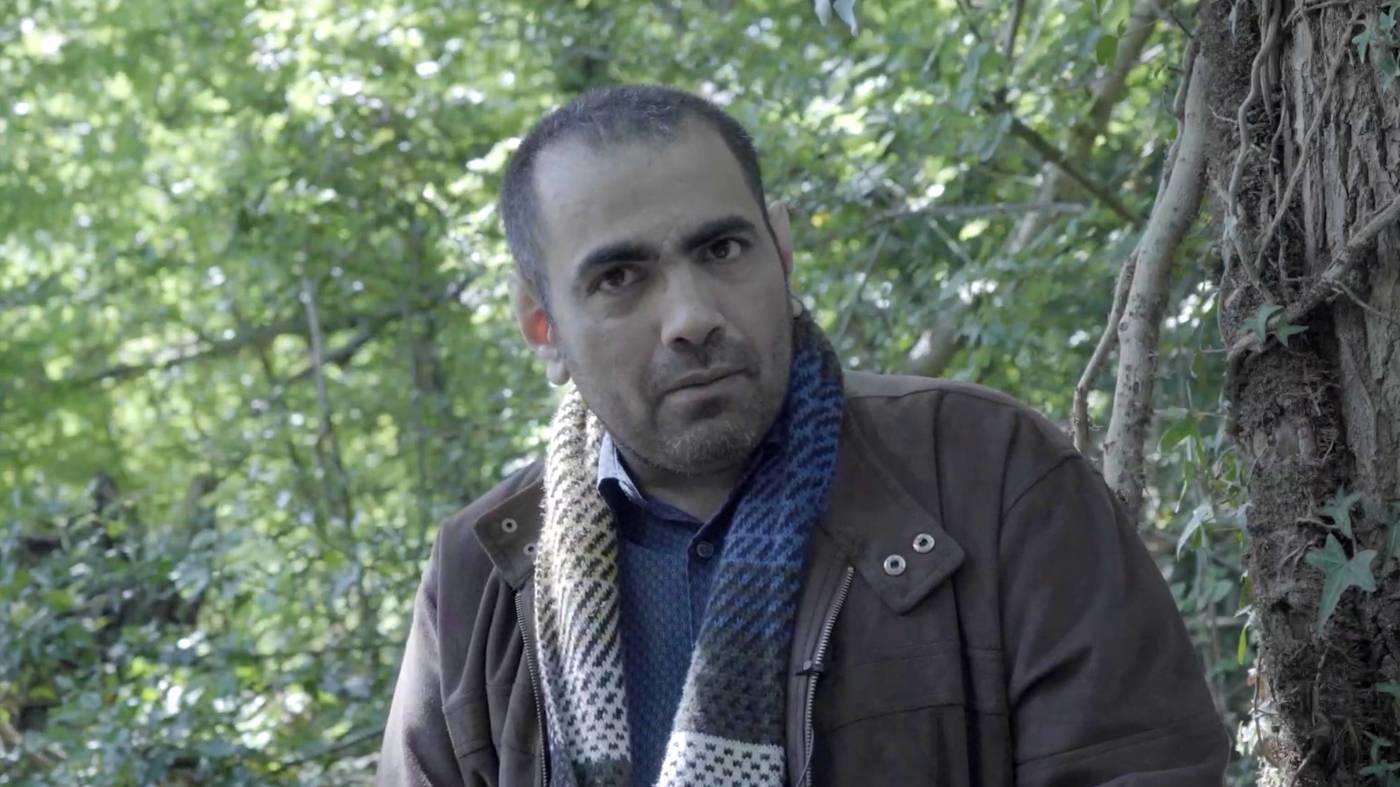

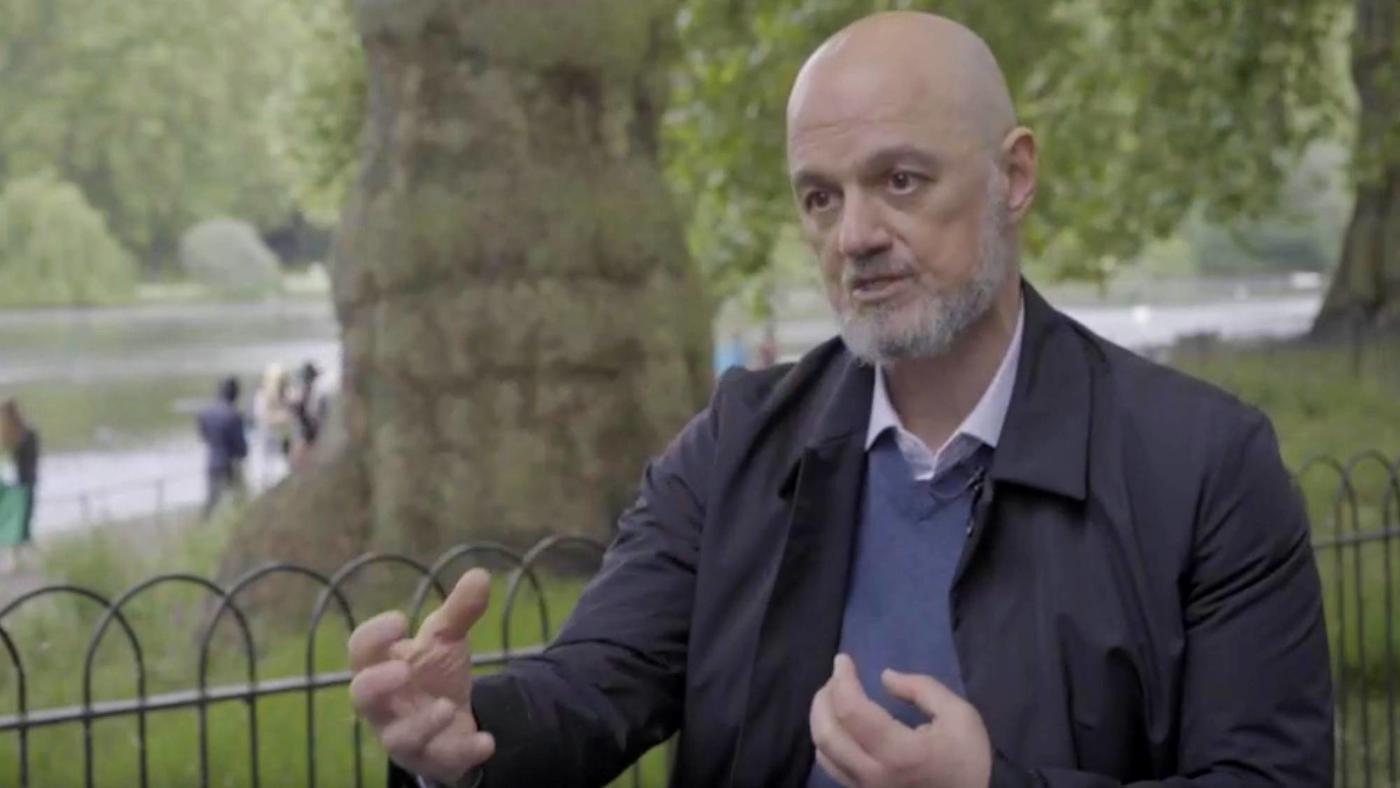 Anas Altikriti: "It’s the unseen, the creeping up on you in your most safe and secure and sanctified place." (MEE)
Anas Altikriti: "It’s the unseen, the creeping up on you in your most safe and secure and sanctified place." (MEE)
